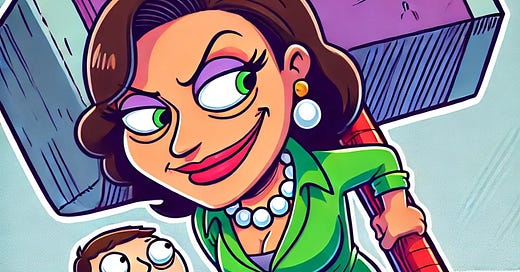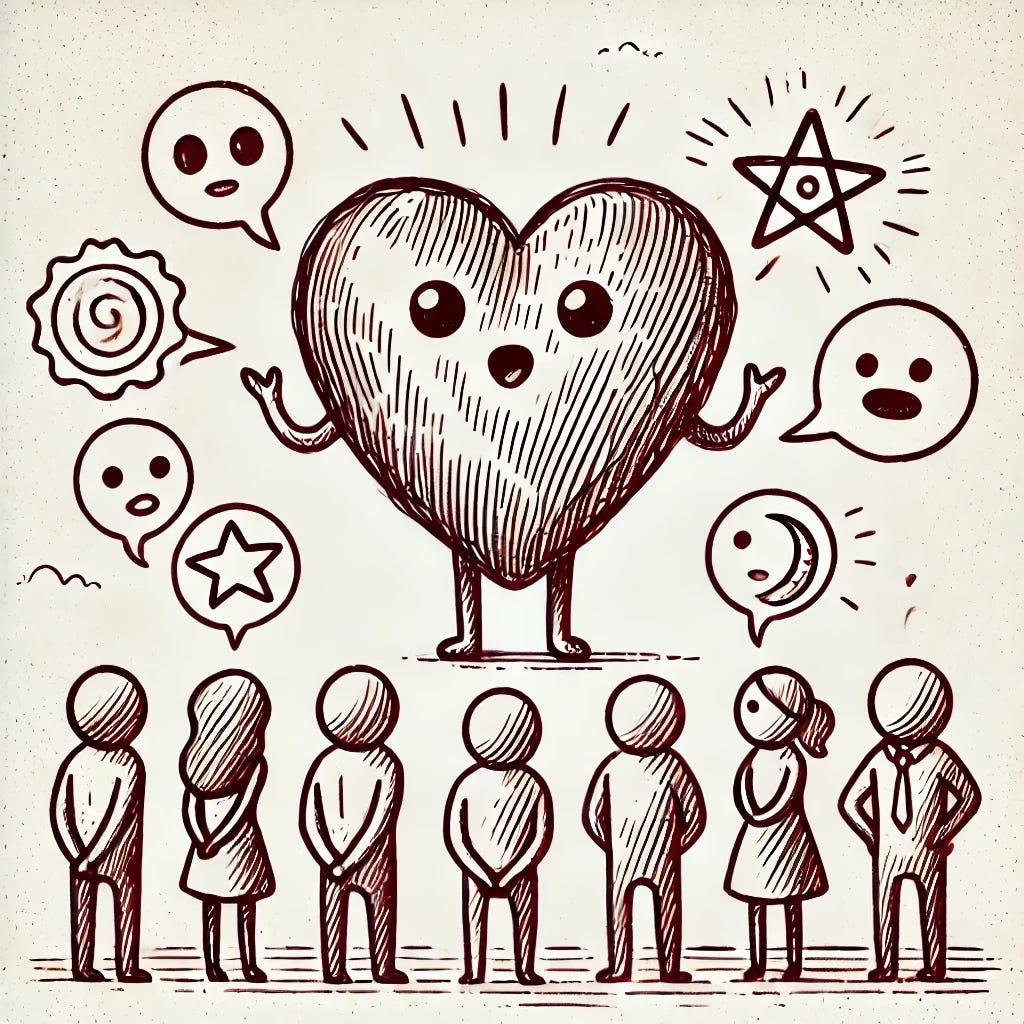Constructive criticism is a myth when helping teams
Why feedback should begin with "I" and not "You"
I never found the idea of “constructive criticism” to be useful.
As a graduate to a middle aged man, it always felt off to me.
Apparently it’s all about “feedback and growth” - is that the intent ?
Sounds noble.
But the term and feeling it creates still frames the conversation around critique and I fucking hate that.
Not the feedback. But the framing, and here’s why it matters.
When we focus on critique for others it can often lead to defensiveness - even if the intent is positive. Think about it.
Criticism is still criticism. No mater how hard you try to make something “constructive”, criticism is still inherently negative. People often feel attacked or judged and that leads to a defensive response. This reaction gets in the way of meaningful conversation.
It Shifts focus away from solutions. When you criticise you’re focusing on the mistakes not on what the persons needs to do going forward.
It assumes one person knows better, “I wanted to give you some constructive feedback” can carry the assumption that one person has the “right” perspective while the other person has it wrong. But in reality, Collaboration and co-creation often gives better results.
So what the hell am I supposed to do if people are doing the wrong things?
Nothing.
Just sit there in silence, harbour lots of resentment and kick off at the Christmas party.
Seriously though.
The answer is pretty straight forward.
Don’t give people constructive criticism, instead tell them what you need.
We want to shift the focus from blaming the person to expressing what we need, this fosters understanding and connection.
There’s a great little trick I learned from Gottman’s work, use the “I” statement instead of “you” statements.
Let me show what I mean.
________________________________________________________________________
Example #1 - No one is updating Jira so the Data sucks
Constructive criticism: “None of you in this team ever listens to me about updating the board”.
Speaking about what you need:”I feel unheard when we talk about the board, I need more engagement from you folks”.
________________________________________________________________________
Example # 2 - One person is always taking over the retrospective
Constructive criticism: “You always dominate the retrospective conversations”
Speaking about what you need: I’ve noticed that during retrospectives, I feel like we miss out on hearing everyone’s perspective. I really value when everyone has a chance to contribute because it helps us come up with better solutions as a team
________________________________________________________________________
Example #3 - The Product person is driving the solutions all the time
Constructive criticism: “You’re always telling the team what to do”
Speaking about what you need: “I’ve noticed that we often move quickly toward specific solutions, I’m concerned it might limit the team’s opportunity to explore their own ideas. I believe we can achieve more innovative results if we give the team more space to come up with solutions”.
When we replace criticism with more gentle language—focusing on needs and solutions—we will likely see more productive and empathetic interactions.
Have a great weekend :)
Oh and remember, our boutique mentor group is still running for those looking to be part of a small, ambitious group wanting to up-skill in the technology, business and the Agile space.





